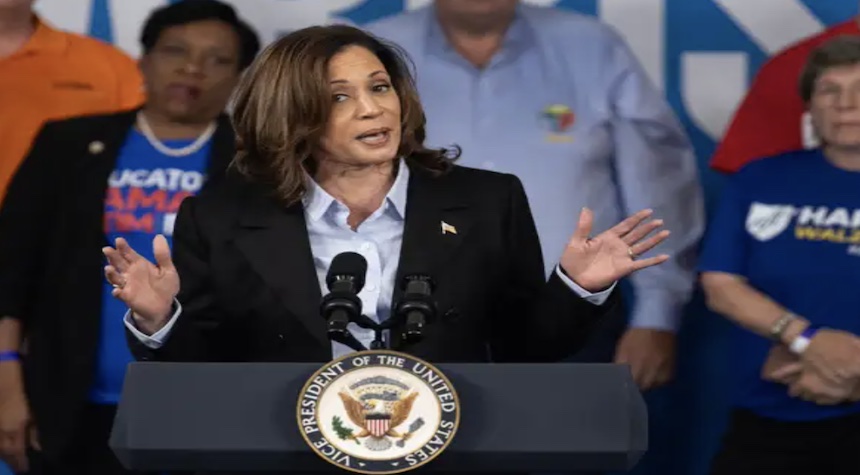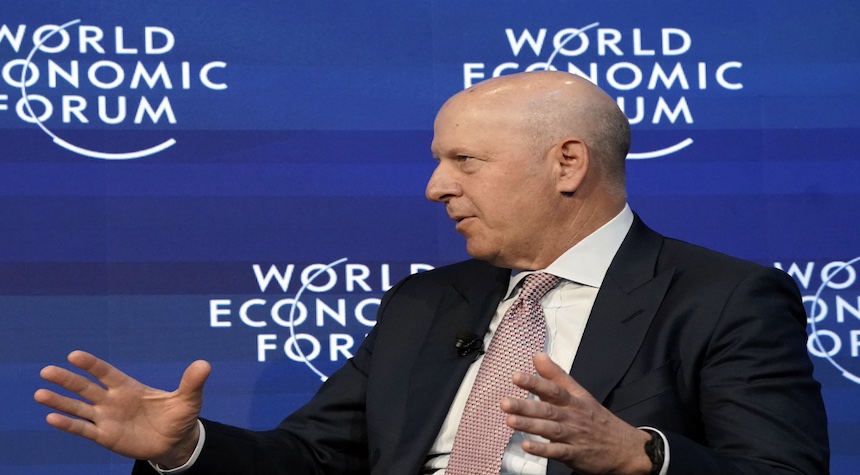Goldman Sachs CEO David Solomon said Vice President Kamala Harris had overemphasized her plan’s positive impact on the gross domestic product.
Solomon’s economists had predicted this month that a hypothetical win by Donald Trump could cause the United States GDP to take a hit, while a Harris victory in 2024 could result in a “very small boost” to GDP. Solomon, the vice president’s economist, said that Solomon had referred to the report in Tuesday night’s debate. Solomon has now stated that it was done by an “independent analyst” and created more discussion than “should be.”
Solomon explained on CNBC that the report looked at several policy issues put forward by both sides and tried to model their effect on GDP growth. The reason I think a big deal has been made about it is that it showed the difference in the policies they proposed was only two-tenths 1%.
Goldman Sachs CEO David Solomon discusses Kamala Harris’ economic plan at the Goldman Sachs Communacopia & Technology Conference. https://t.co/Wja6a0G2Iu pic.twitter.com/uJyAX8DT8m
— CNBC (@CNBC) September 11, 2024
Solomon said that his economists’ report did not guarantee that the policies proposed by Harris and Trump, that were used in its report, would be implemented.
Solomon also found it “interesting” that he couldn’t recall a time when the U.S. debt was brought up. Solomon said that the national debt is an issue of policy “that will have to be dealt with.”

Harris and Trump both were asked about their plans for the economy early in Tuesday’s discussion. This is expected to be one of the top concerns for voters as they vote. Harris talked about a $6,000 family tax cut, while Trump talked about how he has created “the greatest economy in the history” of our country and promised to do it again during his second term.
Before the debate, the ex-president gained ground in key battleground states. He tied with the vice president for first place in Arizona, North Carolina, and Nevada. According to data from the New York Times/Sienna Poll, Harris led in Pennsylvania, Michigan, and Wisconsin.


